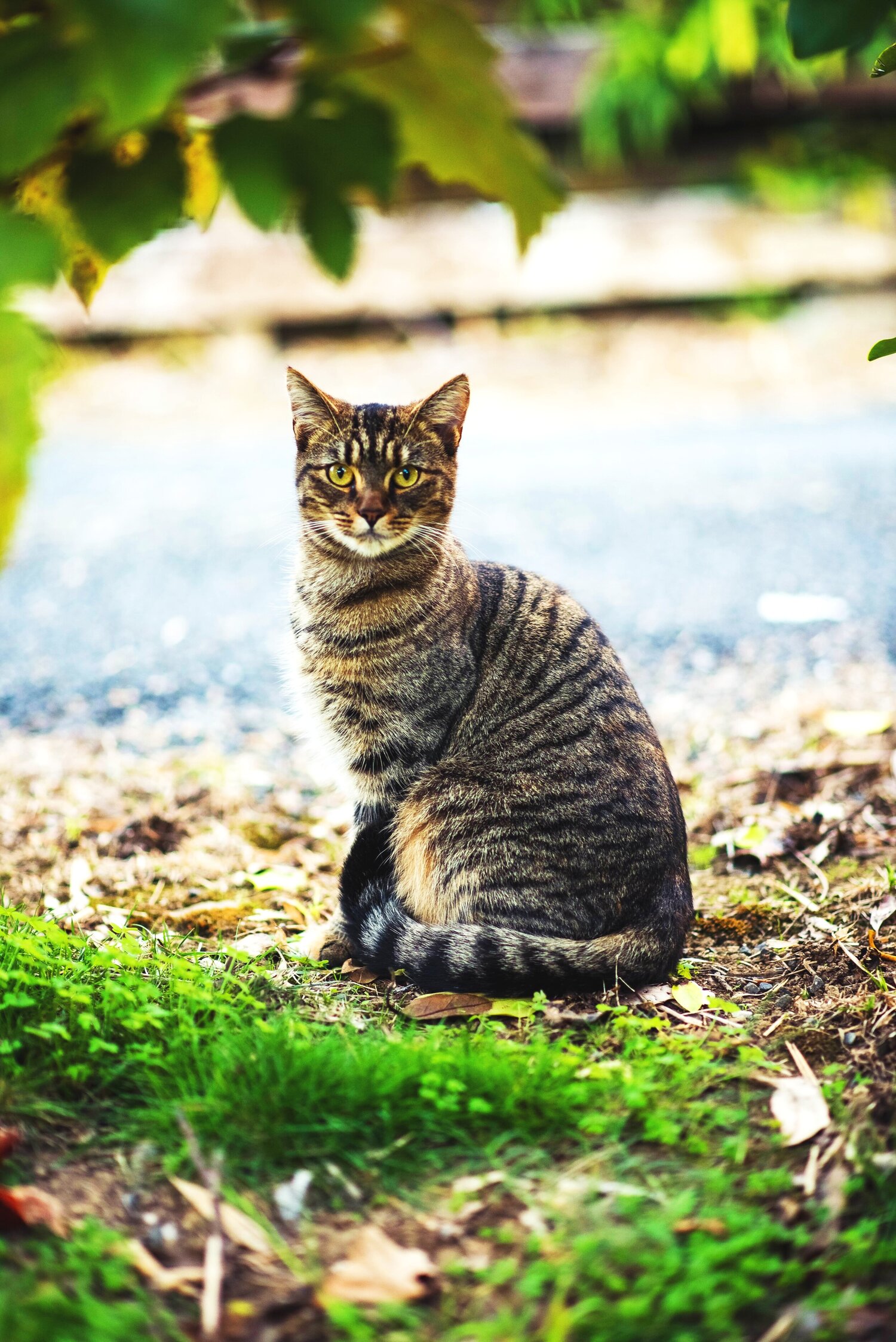Summer Solstice
(photo by Nik on Unsplash)
The summer solstice means different things to different people. Pagans, Celts, and Druids celebrated Litha, with dancing, playing music, lighting bonfires, playing games, and feasting into the night. They believed that a goddess, whose name varied according to region, would ensure their very survival by watching over the planting of crops to provide a bountiful harvest in the fall.
I was lucky to participate in such an event in rural Vermont many years ago. It was a giant puppet festival with musicians, where attendees camped out all weekend. There were food stalls, group picnic meals, and activities for families and children planned. People painted their faces with suns, moons, and zodiac symbols. The culmination was a sundown parade of tremendously huge puppets hoisted high on poles coming down into a little valley and gathering in dance around a massive bonfire. They were serenaded by hand drums, mandolins, and wooden flutes along the procession. It was quite awe inspiring and I felt transported back over two thousand years.
Many Christians honor Midsummer’s Eve as a celebration honoring Saint John the Baptist. It is a feast day which honors this saint’s birth as the halfway mark in the year opposite Jesus’ birth at the winter solstice. When I lived in Quebec, it was a huge Catholic celebration day, with a parade and many revelers out drinking and partying.
For me personally, the solstice day marks the beginning of summer, with its many outdoor activities. I love to float in rivers, swim in lakes, and host barbecues with friends. I have less tolerance now for long spells in the heat, so I also enjoy staying inside with my air conditioner, reading and writing.
What favorite activities does summer solstice bring for you?

